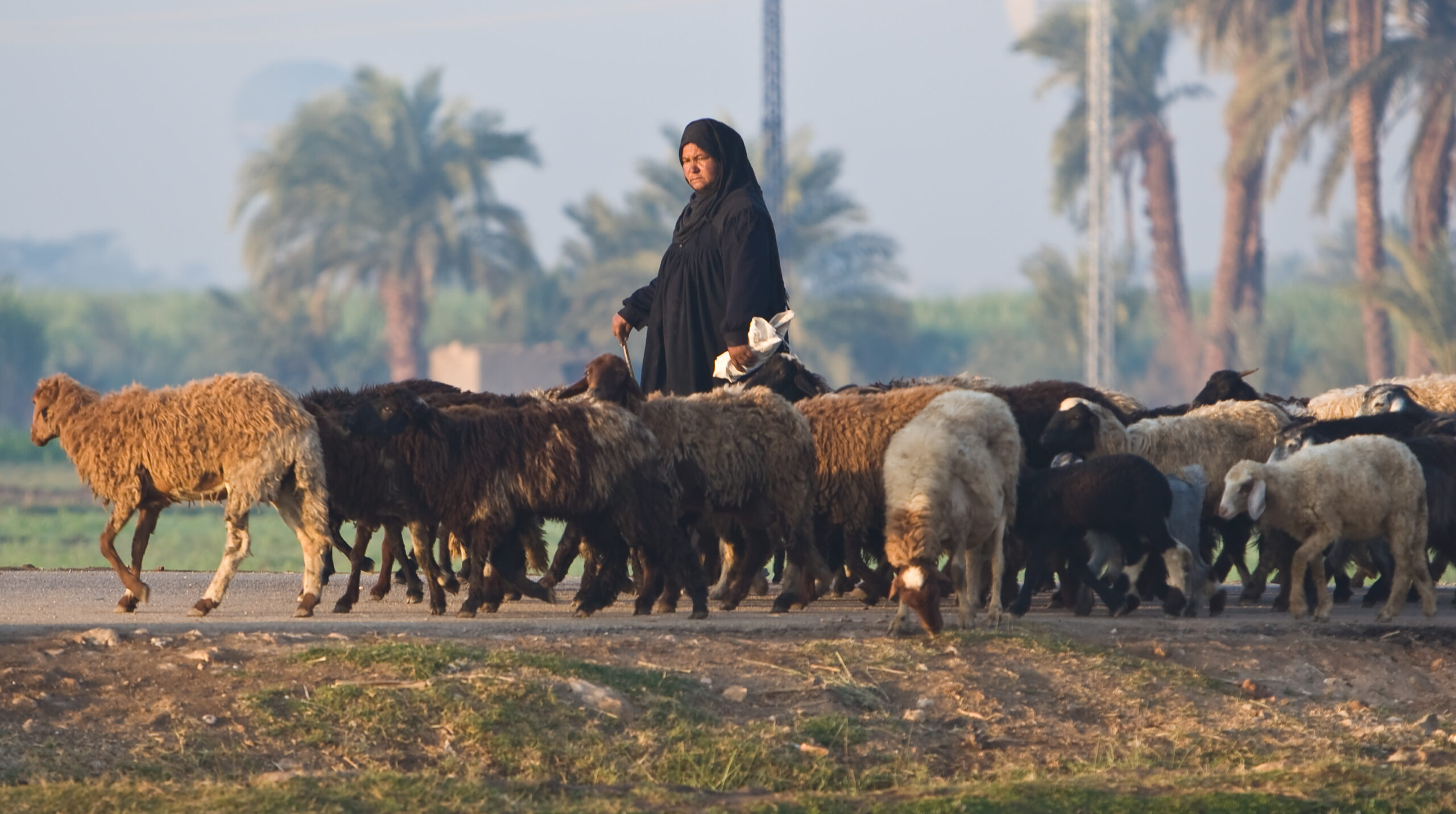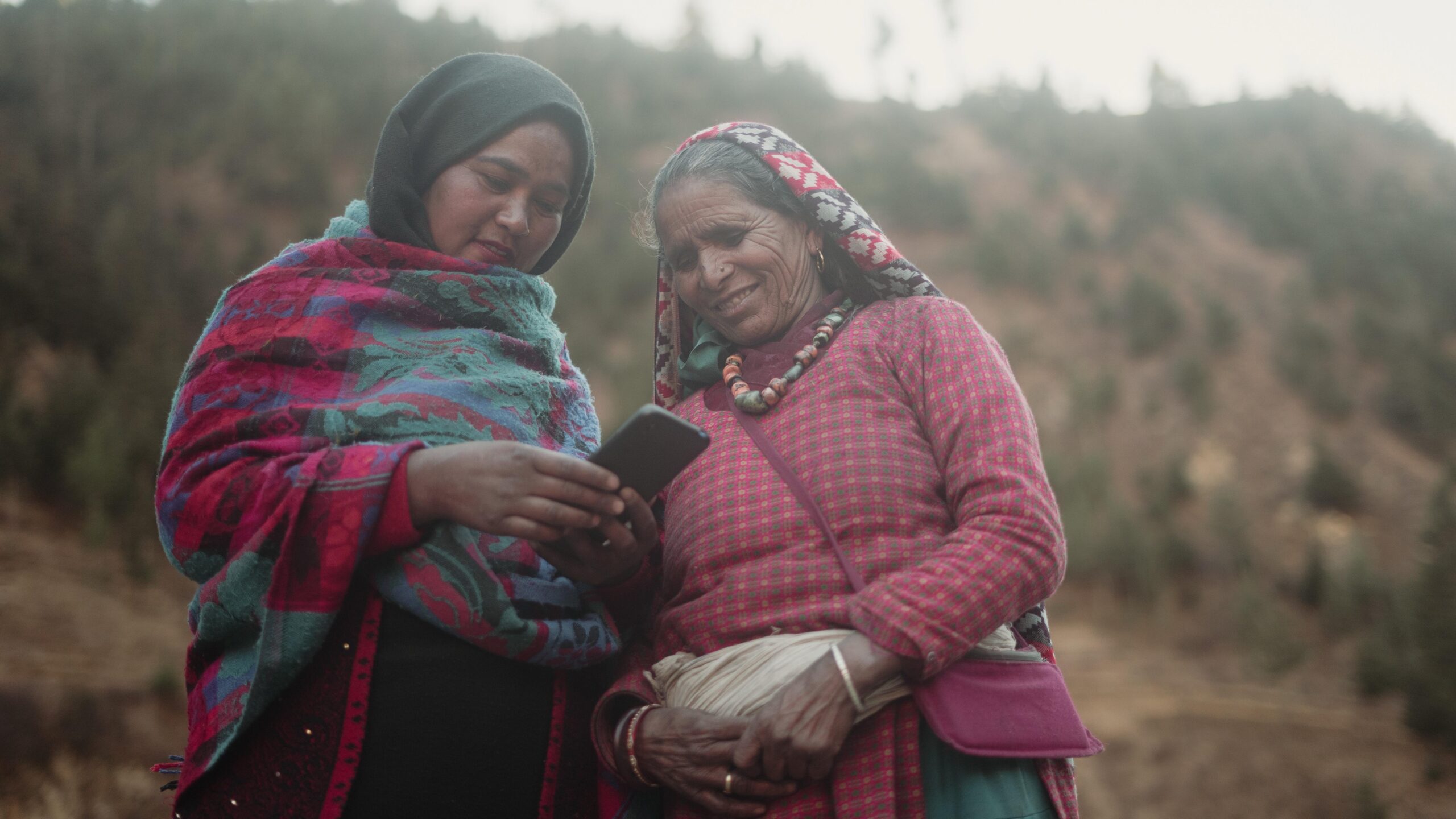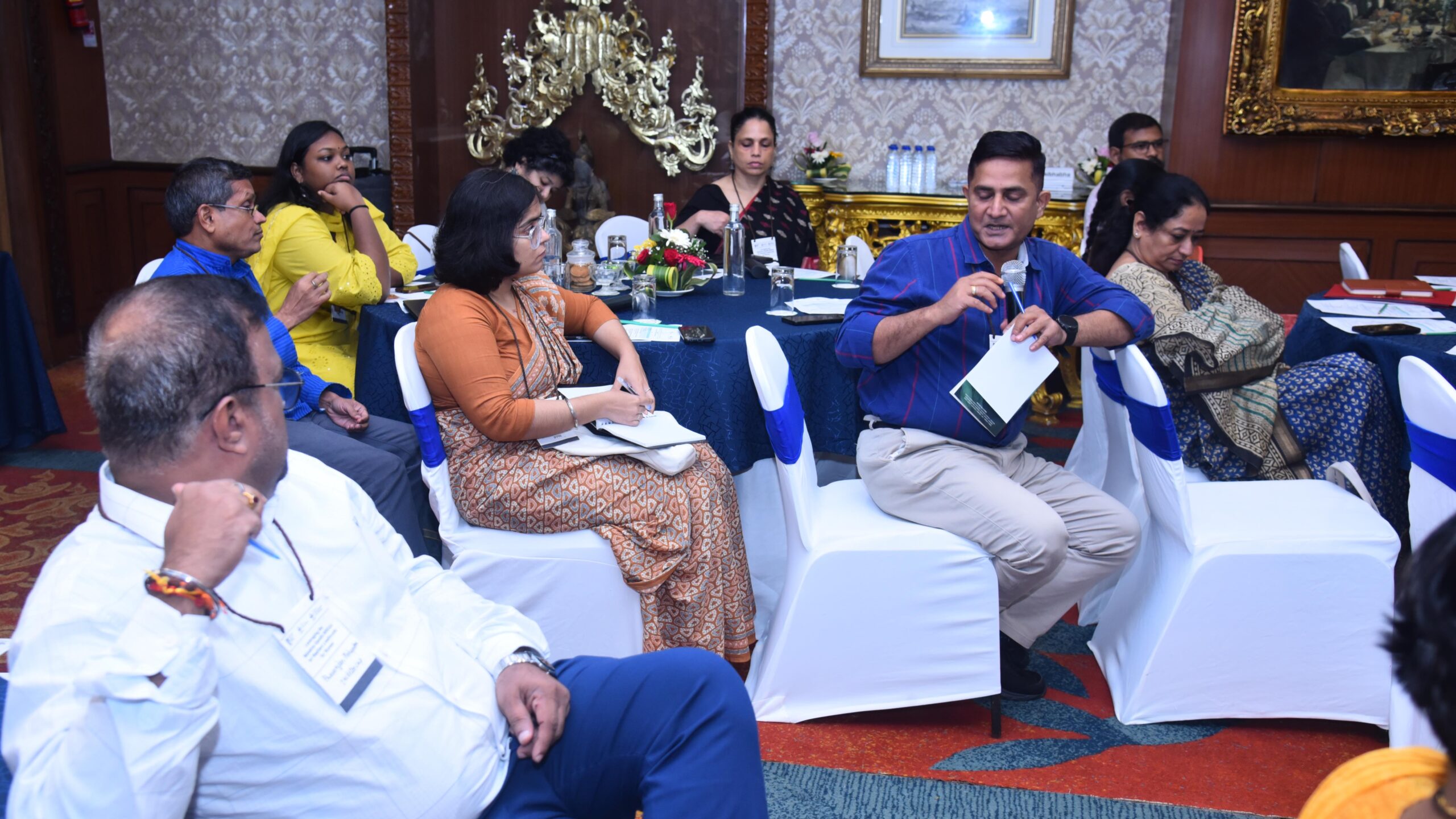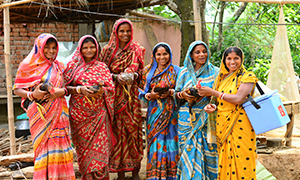Overview
Closing the gender gap and enhancing opportunities for youth in food, land, and water systems
FROM CGIAR.ORG … On average, women make up 43% of the agricultural labor force in low- and middle-income countries, yet their access to resources, rights, and services is limited, holding back prosperity for all. More than 85% of the world’s 1.2 billion youth live in low- and middle-income countries, where many face limited opportunities for employment or entrepreneurship. Improving the lives and livelihoods of women, youth, and other marginalized groups is vital for equitable, productive, resilient and sustainable food systems.
CGIAR Research Initiatives
- ONE
- TWO
- THREE
- FOUR
Learn more about IFPRI’s work on gender equality, youth, and social inclusion
What’s New
-

Egypt’s experience bridging cash transfers and an economic inclusion program for sustainable social protection
A path for moving out of poverty.
-

How anticipatory action can empower women in disaster-prone areas
How assistance programs can catalyze improvements in gender equality.
-

Workshop: Coming together to leverage India’s national workfare program for resilient livelihoods for women
Ways to improve the Mahatma Gandhi National Rural Employment Guarantee Act (MGNREGA).
Gender equality by the numbers
On average, women make up 43% of the agricultural labor force in low- and middle-income countries, yet their access to resources, rights, and services is limited, holding back prosperity for all.
US$1B
estimated economic returns on just a few of IFPRI’s research efforts
46
gold standard impact assessment reports commissioned
27
years of measuring institutional impact
412
million/people indirectly benefitting from IFPRI
Explore our research
Journal Article
Adapting the women’s empowerment in nutrition index: Lessons from Kenya
Journal Article
Adapting the Women’s empowerment in nutrition index: Lessons from Kenya
Journal Article
Armed conflict and gendered participation in agrifood systems: Survey evidence from 29 African countries
Events
-

From Research to Impact: Towards just and Resilient Agri-food Systems
Conference: October 09, 2023 – 9:00 AM to October 12, 2023 – 6:00 PM IST. IFPRI is participating in the 2023 annual CGIAR gender research conference will take place in New Delhi, India.




